The department evaluates approximately 13,000 patients per year in the otolaryngology outpatient clinics and performs nearly 1,700 hospital-based surgical procedures annually. The Department of Otolaryngology provides care for patients with problems involving the ears, sinuses, oral cavity, nose, throat, neck (ENT) including sinus conditions, allergy, sleep disorders, and snoring.
"Dr. Grillone is such a class act! Very accommodating and helpful! Saw him 8 years prior and he remembered me. I am happy he's right around the corner from my office. And he brings in fellow docs he can trust and will help make your case top priority."
~ Anonymous
The department also specializes in swallowing disorders, voice problems, dizziness and balance disorders, and hearing loss, cancers of the head and neck and the division of Facial Plastic and Reconstructive Surgery offers cosmetic surgery and management of facial deformities and facial fractures.
Our physicians are making headlines in local news.
Contact Us
Specialty Clinics
Audiology (Hearing Problems)
Dizziness and Balance Problems
Facial Plastic Surgery
Head and Neck Cancer Program
Hereditary Hemorrhagic Telangiectasia Program (HHT)
Nose, Sinus, and Allergy Care
Pediatrics - Otolaryngology (ENT)
Skull Base Surgery Program
Speech Language Pathology
Voice and Swallowing (Throat Problems)
Conditions We Treat
- Aging and Swallowing
- Ankyloglossia (Tongue-tie)
- Autoimmune Inner Ear Disease (AIED)
- Aspiration
- Allergic Rhinitis (also known as Hay Fever or Allergies)
- Bell’s Palsy
- Autoimmune Inner Ear Disease (AIED)
- Benign Paroxysmal Positional Vertigo (BPPV)
- Cholesteatoma
- Conductive Hearing Loss
- Deviated Septum
- Cricopharyngeal Muscle Dysfunction
- Ear Infection and Hearing Loss
- Dysgeusia
- Dysphagia
- Earwax (Cerumen Impaction)
- Earaches
- Ears and Altitude (Barotrauma)
- Hoarseness
- Fungal Sinusitis
- Geriatric Rhinitis
- Goiter
- Graves’ Disease
- Head And Neck Cancer
- Human Papillomavirus (HPV)
- Hearing Loss
- Hyperacusis (Increased Sensitivity to Everyday Sounds)
- Labyrinthitis
- Hyposmia and Anosmia
- Hyperthyroidism
- Laryngeal (Voice Box) Cancer
- Nosebleeds
- Neck Mass in Adults
- Nasal Fractures
- Laryngopharyngeal Reflux (LPR)
- Ménière’s Disease
- Nodules, Polyps and Cysts
- Otosclerosis
- Paradoxical Vocal Fold Movement (PVFM)
- Pediatric Gastroesophageal Reflux Disease (GERD)
- Pediatric Feeding Disorders
- Perforated Eardrum
- Post-nasal Drip
- Rhinitis
- Ramsay Hunt Syndrome
- Salivary Glands Disorders
- Sensorineural Hearing Loss (SNHL)
- Salivary Glands Disorders
- Sinus Headaches
- Sialadenitis
- Sore Throats
- Sinus Pain
- Sinusitis
- Sleep Apnea
- Swimmer's Ear (Otitis Externa)
- Tinnitus
- Tonsillitis
- Tonsils and adenoids
- Vocal Cord Paralysis
- Thyroid Cancer
- Thyroid Nodules
- Tonsils and adenoids
- Turbinate Hypertrophy
- Vestibular Schwannoma (Acoustic Neuroma)
- Voice Box (Laryngeal) Cancer
- Zenker's Diverticulum
Treatments & Services
Ear deformities occur in a number of conditions. Some patients are born with absent (microtia), protruding or drooping ears, due to weak or poorly formed cartilage. Traumatic deformities of the ear also occur due to trauma (e.g. car wreck or dog bite) or torn earlobes. Deformity of the ears may cause social anxiety and may make children vulnerable to teasing. Regardless of the origin of the ear deformity, these ear conditions can be surgically corrected. These procedures do not alter the patient's hearing, but they may improve appearance and self-confidence.
There are several types of cochlear implants. Working with the doctor, adults and children choose the cochlear implant to best fit their needs. The team provides explanations of the different options available for internal/external components, speech processors, etc.
Buteyko is a clinically-proven, natural, safe breathing retraining program which utilizes the body’s self-healing capacities. It is based on the standard medical principles of respiration and the Bohr effect.
The most common and effective nonsurgical treatment for sleep apnea is Continuous Positive Airway Pressure or CPAP which is applied through a nasal or facial mask while you sleep. The CPAP device does not breathe for you. Instead, it creates a flow of air pressure when you inhale that is strong enough to keep your airway passages open. Once your otolaryngologist determines that CPAP is the right treatment, you will need to wear the CPAP mask every night.
Each year thousands of people undergo surgery of the nose. Nasal surgery may be performed for cosmetic purposes, or a combination procedure to improve both form and function. It also may alleviate or cure nasal breathing problems, correct deformities from birth or injury, or support an aging, drooping nose. Patients who are considering nasal surgery for any reason should seek a doctor who is a specialist in nasal airway function, as well as plastic surgery. This will ensure that efficient breathing is as high a priority as appearance.
The ear, nose, and throat specialist will prescribe many medications (antibiotics, decongestants, nasal steroid sprays, antihistamines) and procedures (flushing) for treating acute sinusitis. There are occasions when physician and patient find that the infections are recurrent and/or non-responsive to the medication. When this occurs, surgery to enlarge the openings that drain the sinuses is an option.
Snoring is a sound produced by vibration of the soft tissues of the upper airway during sleep and is indicative of increased upper airway resistance. Studies estimate that 45% of men and 30% of women snore on a regular basis. It can affect not only the snorer’s sleep but also the sleep of a spouse or other family members nearby. In fact, snoring causes many couples to sleep in separate rooms and often places strain on marriages and relationships. Recent evidence suggests that snoring may even cause thickening of the carotid arteries over time and potentially increase risk of stroke.
For patients who have moderate sleep apnea, or are unable to use a C-PAP device, an oral appliance can be an effective treatment. The oral appliance is a molded device that is placed in the mouth at night to position the lower jaw and bring the tongue forward, elevating the soft palate while keeping the tongue from falling back in the airway and blocking breathing.
Inspire® therapy (Upper Airway Stimulation) is an FDA-approved, minimally invasive, implantable device that delivers mild stimulation to the nerves of the tongue muscles, thereby keeping the airway open during sleep.
The tonsils are two clusters of tissue located on both sides of the back of the throat. Adenoids sit high in the throat behind the nose and the roof of the mouth. Tonsils and adenoids are often removed when they become enlarged and block the upper airway, leading to breathing difficulty. They are also removed when recurrence of tonsil infections or strep throat cannot be successfully treated by antibiotics. The surgery is most often performed on children.
Our Team
Otolaryngologists - Head and Neck Surgeons
Gregory A. Grillone, MD
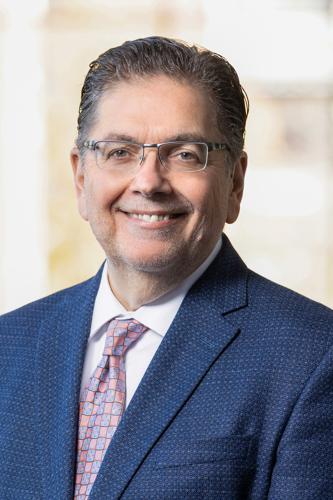
Jacob P. Noordzij, MD
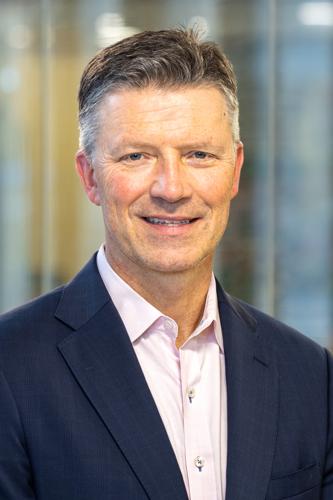
Michael P. Platt, MD, MSc
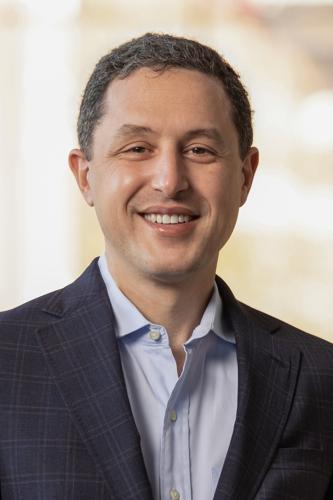
Avner Aliphas MD
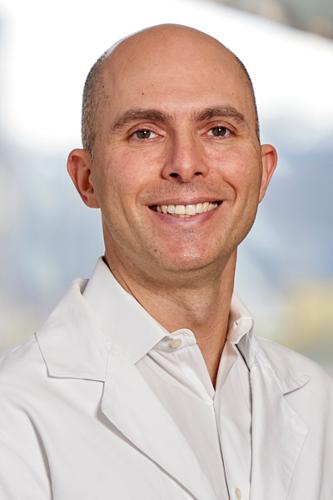
Michael B. Cohen, MD
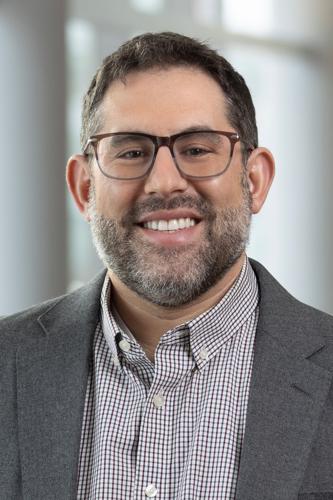
Elizabeth M. Davis, MD
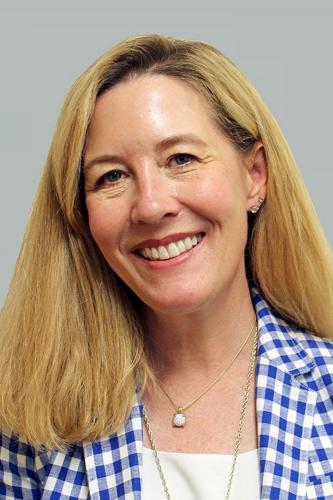
Anand K. Devaiah, MD
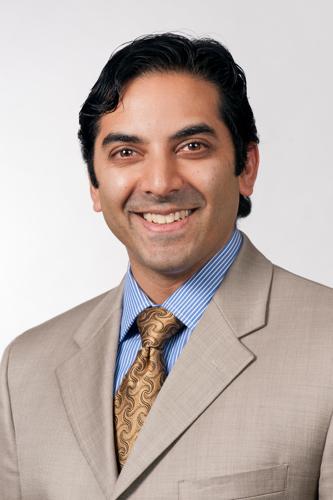
Heather A. Edwards, MD
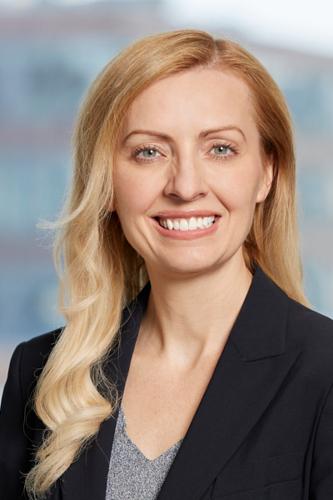
Waleed H. Ezzat, MD
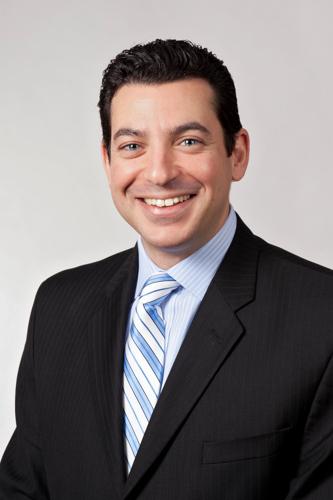
Daniel L Faden, MD
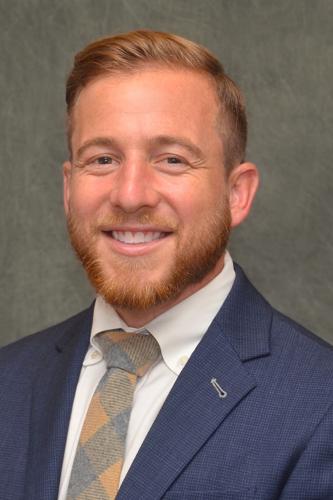
Amanda M. Goslawski, MD

Kenneth M Grundfast, MD
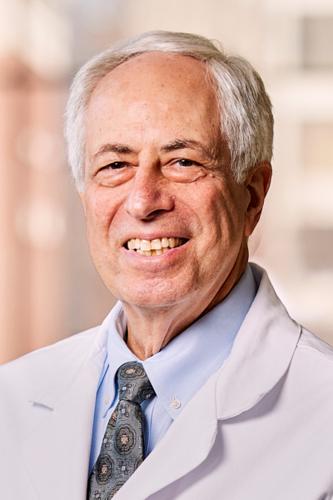
Jessica R. Levi, MD
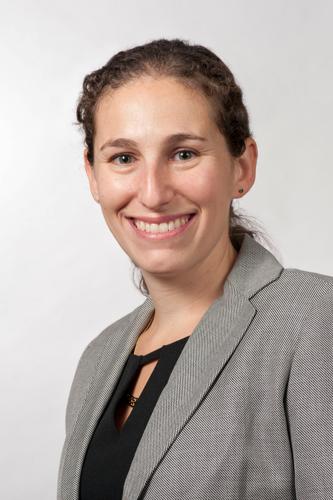
Marianella Paz-Lansberg, MD
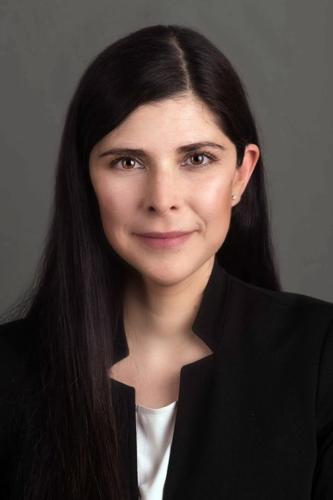
Jennifer Nicole Shehan, MD

Jeffrey H. Spiegel, MD

Lauren F Tracy, MD
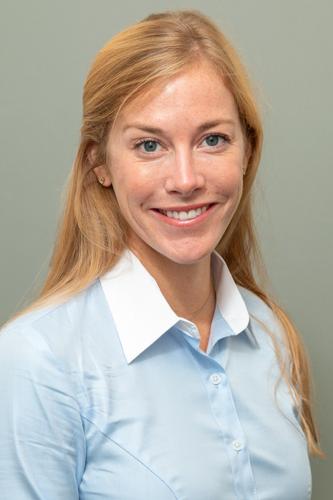
Mark A. Vecchiotti, MD
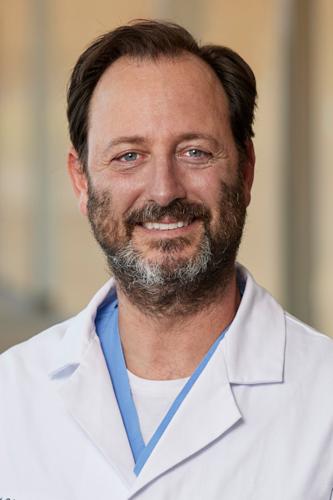
Peter C. Weber, MD
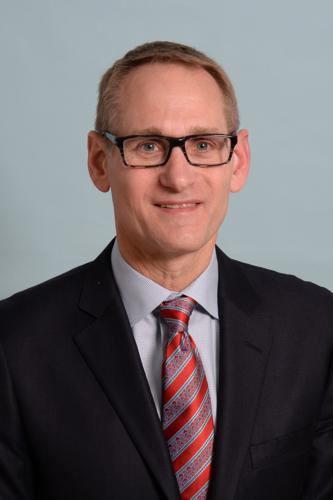
Speech-Language Pathologists
Jessica M. Pisegna, MS-CCC-SLP, MEd
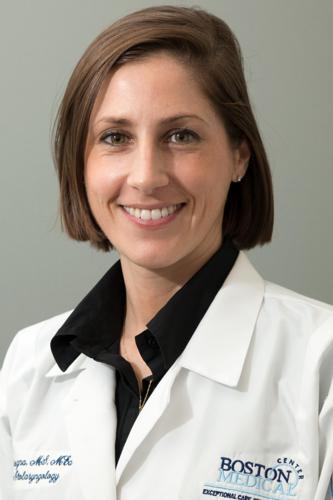
Daniel P. Buckley, MS, CCC-SLP
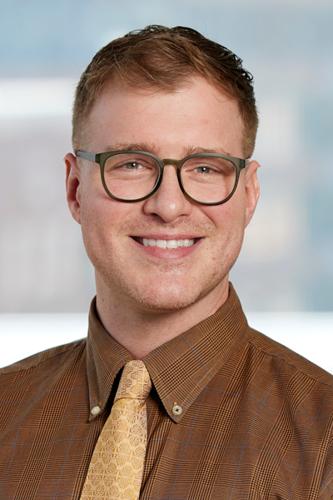
Michelle G. Ganann, MS CCC-SLP
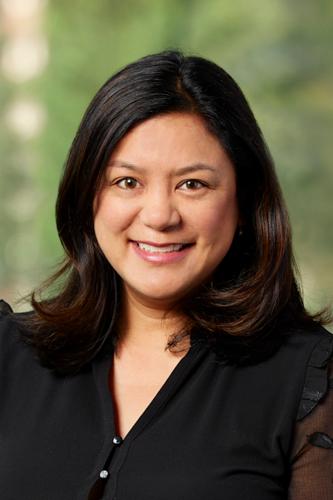
Hadas Golan, MS, CCC-SLP
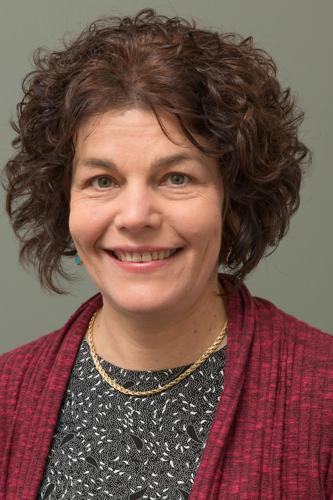
Amy M. Gottlieb, MS, CCC-SLP
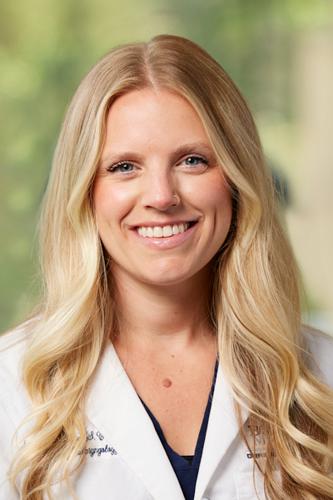
Edel M. McNally, MS, CCC-SLP, BCS-S
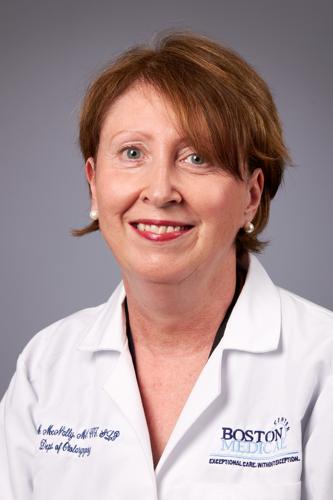
Eileen Miglio, MS, CCC-SLP
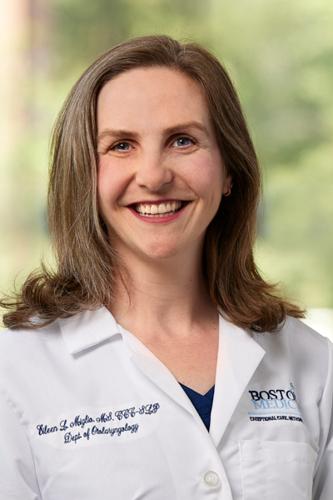
Kerry Pearl, MS, CCC-SLP
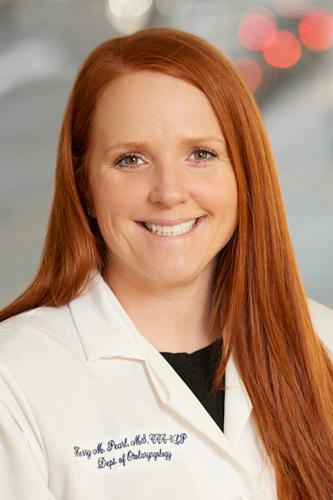
Emily Senecal, CCC-SLP

Samantha Ashinoff, MS, CCC-SLP
Kim Boscodoss, MS, CCC-SLP
Anna Lifvergren, CCC-SLP
Elona Meziu, CCC-SLP-CF 2024-2025
Keri Miloro, CCC-SLP
Emily O'Gorman, MS, CC-SLP
Chloe Thorburn, MS, CCC-SLP
Audiologists
Alison Packer, AuD, CCC-A

Jennifer Springmier, AuD, CCC-A

Megan Thompson, AuD, CCC-A

Catherine Nash, AuD, CCC-A

Nurses and PAs
Marsela Demo, RN
Mckenzie Dollosa, RN
Susan Griever, NP
Brandy Kenner Keefe, FNP
Jennifer Lauver, RN
Sarietha Mathieu, NP
Elise Miller, PA
Opal Mitchell, NP
Jessica Overlan, NP
Ann Poulsen, RN
Emily Sjogren, PA
Allie Torrence, PA
Nicole Tran, PA
Researchers and Instructors
Gintas Krisciunas, PhD, MPH, MA
Patient Resources
Additional Information
Otolaryngology Education
Many education and training opportunities exist for both existing medical professionals and medical students through the Department of Otolaryngology – Head and Neck Surgery. Please visit the sections below to learn more.
Medical Students
Students who are considering or intend to pursue a career in Otolaryngology are strongly encouraged to apply for the four week elective clerkship during their fourth year. To apply for this elective, Boston University Chobanian & Avedisian School of Medicine students should contact the Otolaryngology Education Coordinator, Janine Lipsky 617-638-7066 janine.lipsky@bmc.org and students from schools other than the Boston University Chobanian & Avedisian School of Medicine should apply for the month long elective through the AAMC’s Visiting Student Application Service (VSAS®) (https://www.aamc.org/students/medstudents/vsas/).
Boston University Chobanian & Avedisian School of Medicine 4th year students who wish to learn about Otolaryngology, but are not intending to pursue Otolaryngology as a career, can do a two week Surgical Subspecialty Otolaryngology elective clerkship during their fourth year General Surgery sub-i elective clerkship. A new innovative individualized curriculum is being developed to afford students coming to Otolaryngology for two weeks a customized learning experience that attempts to match their exposure to learning experiences with their intended career path. To sign up for the two week elective in Otolaryngology, contact Ms. Lana Ketlere at Lana.Ketlere@bmc.org.
FEES Course This Course is not currently being offered
The Fiberoptic Endoscopic Evaluation of Swallowing (FEES) was developed by Dr. Susan Langmore in 1988. Alongside the modified barium swallow (MBS) study, FEES has become a globally recognized gold standard for evaluating oropharyngeal dysphagia and for assessing swallowing function.
Department News
BMC Physicians and Surgeons Named to 2024 "Top Docs" List
(BOSTON) — Jan. 23, 2024 — Boston Magazine released its annual list of the top doctors the region, recognizing more than 125 physicians and surgeons from Boston Medical Center (BMC).

Diversity, Equity and Inclusion News from Dr. Marianella Paz-Lansberg, Chair of Otolaryngology DEI Committee
Continuing with our departmental initiative to strengthen Diversity, Equity, and Inclusion, our team recently had the incredible opportunity of participating in a Microaggressions Workshop and LIFT…

Dr. Marianella Paz-Lansberg joins the Department of Otolaryngology-Head and Neck Surgery
We are very pleased to welcome Marianella Paz-Lansberg, MD to Boston Medical Center and the Department of Otolaryngology-Head and Neck Surgery. Her focus will be to provide comprehensive, state-of…

Dr. Mark Vecchiotti joins the Department of Otolaryngology-Head and Neck Surgery
We are very pleased to welcome Mark Vecchiotti, MD to Boston Medical Center and the Department of Otolaryngology-Head and Neck Surgery.

Research Overview
Research Overview
As the primary teaching hospital affiliated with Boston University Chobanian & Avedisian School of Medicine, the physicians, faculty, and staff in the Department of Otolaryngology are actively involved in research that advances patient care. Many faculty are engaged in research specific to their areas of expertise, and mentor resident physicians during research blocks through the Residency Research and Scholarly Activities Committee (RRSAC) program. Several specialty clinic teams also engage in research activities, including…
- Head and Neck Cancer Program
- Nose, Sinus, and Allergy Care
- Skull Base Surgery
- Speech Language Pathology
- Voice and Swallowing (Throat Problems)
Otolaryngology Clinical Outcomes, Assessment & Technological Innovation (COATI)
The Otolaryngology COATI Lab is a NIH funded clinical research lab that is engaged in three major areas of work; 1) developing and testing novel imaging technology that enhances clinical care, 2) evaluating the efficacy of clinical interventions, and 3) designing, refining, and testing patient outcome measurement tools. The lab’s research portfolio engages a multidisciplinary group of clinicians and researchers who specialize in areas such as head and neck cancer, laryngology, speech language pathology, oral and maxillofacial surgery, pathology, bioengineering, critical care pulmonology, and biostatistics. The COATI Lab is located on the 5th floor of the BCD Building. For more information, please visit the Oto-COATI lab website.
Head & Neck Cancer Treatment Clinical Trials
The department of otolaryngology collaborates with the departments of medical oncology and radiation oncology to provide patients with access to some of the latest head and neck cancer clinical trials. For more information on current interdisciplinary research studies in head and neck oncology, please visit the Boston University Chobanian & Avedisian School of Medicine Cancer Clinical Trials website
STEPP Lab
The department of Otolaryngology collaborates with the STEPP LAB for Sensorimotor Rehabilitation Engineering which is located within the Boston University College of Health & Rehabilitation Sciences (Sargent College). Under the direction of Principal Investigator Cara Stepp, they are a multidisciplinary group of researchers with the shared goal of improving the assessment and treatment of sensorimotor disorders of voice and speech, applying techniques from electrical engineering, computer science, rehabilitation engineering, neuroscience, laryngology, speech science, and communication disorders. Many of the studies conducted by the STEPP Lab are in collaboration with clinician-investigators in the Department of Otolaryngology – Head and Neck Surgery. For more information, please visit the STEPP Lab website.
Residency and Fellowship Information
We are extraordinarily proud of our residency program and we would be delighted to hear from you if you have any questions or we can provide for you additional information about our program so don't hesitate to get in touch with us.
 en
en 

 Français
Français Deutsch
Deutsch Italiano
Italiano Español
Español Tiếng Việt
Tiếng Việt Kreyol ayisyen
Kreyol ayisyen